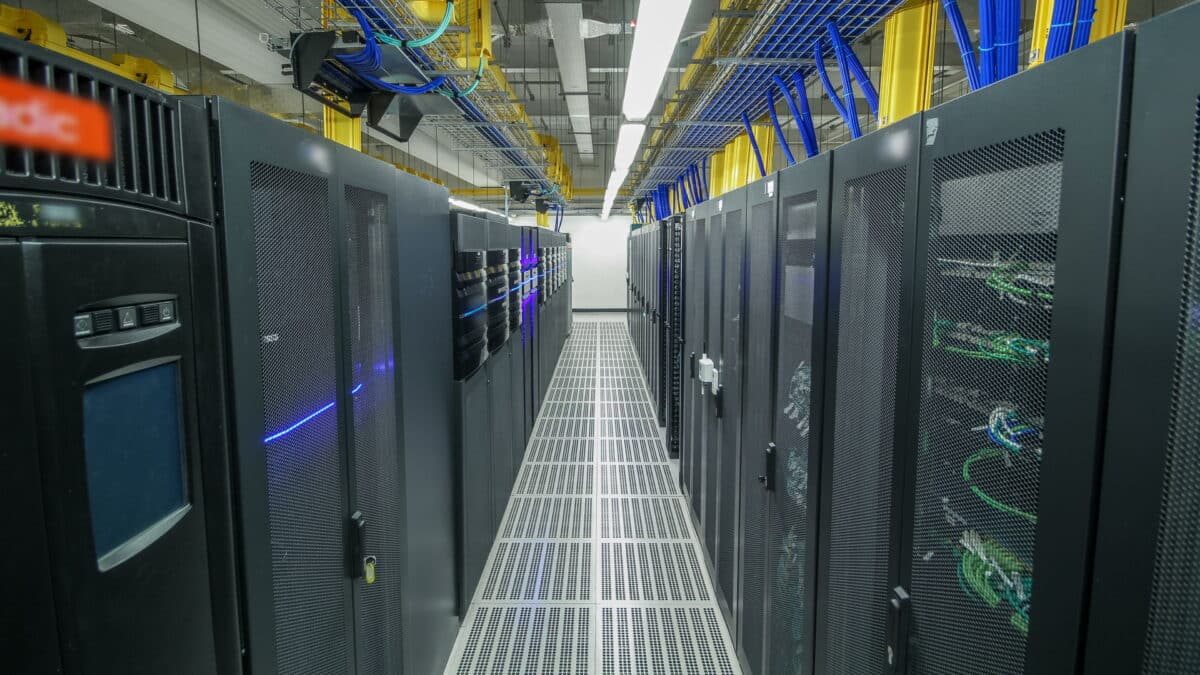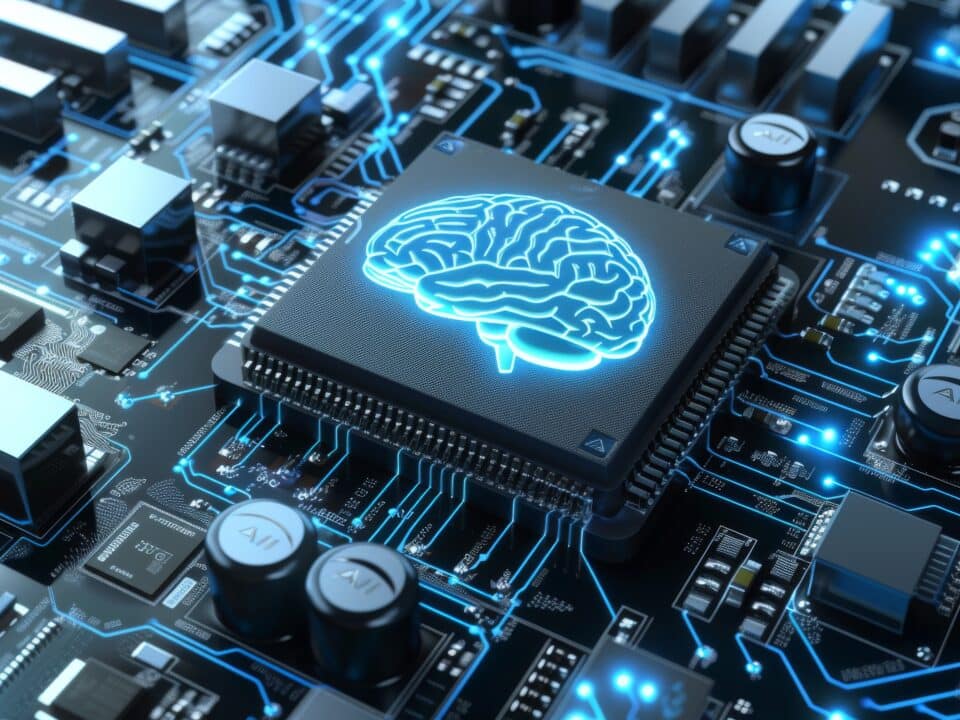
Understanding Cyber Attacks and Identifying Vulnerable Business Sectors
May 15, 2024
The Basics of Cybersecurity: What Every Employer Should Ensure Their Employees Know
May 17, 2024How Data Backups Bolster Cybersecurity
In our reality where digital threats loom more significant each day, protecting critical data has never been more paramount. Among many cybersecurity strategies, data backups stand as a fundamental safeguard, acting as a robust line of defense against catastrophic data loss. This blog explores the crucial role of data backups in cybersecurity, highlighting how they ensure continuity and resilience for businesses across sectors.
Understanding Data Backups
What Are Data Backups?
Data backups are copies of computer data taken and stored elsewhere so organizations can use them to restore the original after data loss. Backups are a primary protection measure, essential for recovering from data corruption, system failures, and malicious attacks such as ransomware.
Types of Data Backups
- Full backups: Involve copying all data to the backup storage location. While comprehensive, they require significant storage space and time.
- Incremental backups: Only the data changed since the last backup gets copied. This method is less storage-intensive but can complicate the recovery process.
- Differential backups: Store all data changes made since the last complete backup, offering a middle ground between full and incremental backups.
Technologies and Tools
Modern businesses often utilize cloud-based backup solutions, which provide scalability and remote access. Local backups, involving external drives or network-attached storage, are also prevalent. Hybrid approaches, combining both local and cloud backups, offer redundancy and enhance data security.
The Role of Backups in Cybersecurity
Protection Against Data Loss
Backups are invaluable in defending against ransomware and other malware that threaten to encrypt or erase sensitive data. Organizations can quickly restore their systems without succumbing to ransom demands by maintaining up-to-date and secure copies of data. Companies like Athreon have demonstrated the effectiveness of robust backup systems, particularly with its secure speech-to-text solutions, where data integrity and recovery are paramount.
Data Integrity and Recovery
Regular, encrypted backups ensure that data remains intact and retrievable in the face of cyber incidents. Effective disaster recovery plans often hinge on reliable backups, enabling businesses to maintain operations despite serious disruptions.
Best Practices for Data Backup
Regular Backup Schedule
Determining the frequency of backups typically depends on the volume of data modifcations and the critical nature of the data. Best practices suggest that businesses perform daily backups for critical data, with more frequent backups for highly dynamic environments.
Secure Backup Storage
Storing backups in a secure location is critical. Off-site and cloud storage options offer protection from physical damages, such as fire or flooding, which might affect on-site storage. Companies providing advanced data management services, like Athreon, ensure enhanced security by encrypting data both in transit and at rest, making them a model for secure data handling practices. Athreon can guide your business in implementing these secure backup storage solutions as part of our comprehensive cybersecurity consulting services, ensuring that your data protection strategies are robust and tailored to your specific needs.
Testing and Monitoring
Regularly testing backups by attempting to restore data sets in a controlled environment ensures that they are both complete and functional. Monitoring tools can also provide real-time alerts on the status of ongoing backups, allowing for immediate action if issues arise.
Challenges in Data Backup
Volume and Complexity
As data volumes expand, the management of backups becomes increasingly complex. Athreon’s consultancy services guide organizations in employing advanced AI-driven strategies to efficiently manage and secure large volumes of business data. Our expertise helps clients develop practices that ensure their backup processes are both current and effective, enhancing overall cybersecurity resilience.
Compliance and Legal Issues
With regulations such as CJIS and HIPAA, businesses must ensure that their backup practices comply with data privacy and retention laws. Understanding these legal frameworks is crucial to avoid penalties and ensure data protection.
Future Trends in Data Backups and Cybersecurity
Advancements in Backup Technologies
Emerging technologies, such as cloud-to-cloud backups and AI-enhanced management, are set to redefine traditional backup practices. These advancements promise increased efficiency and more intelligent data handling, aligning with modern cybersecurity needs.
Increased Emphasis on Cyber Resilience
Organizations are increasingly viewing data backups not just as a recovery tool but as an integral part of their overall cybersecurity strategy. This shift towards comprehensive cyber resilience planning is essential for future-proofing against evolving threats.
Predictive Analytics and Threat Detection
Utilizing machine learning algorithms, predictive analytics can analyze backup data to predict and preemptively address potential security threats, providing a proactive approach to cybersecurity.
Strengthen Your Defenses With Athreon
In today’s digital world, the importance of data backups cannot be overstated. They are a critical component of cybersecurity, essential for maintaining the continuity and integrity of business operations. Companies like Athreon lead by example, showcasing how integrating robust data backups with cutting-edge security measures can safeguard critical data against the most daunting cyber threats.
For businesses focused on enhancing their cybersecurity posture with expert consultation services, predictive analytics, security risk assessments and more, consider Athreon. We specialize in providing business of all sizes with security and peace of mind. Contact us to learn more.





